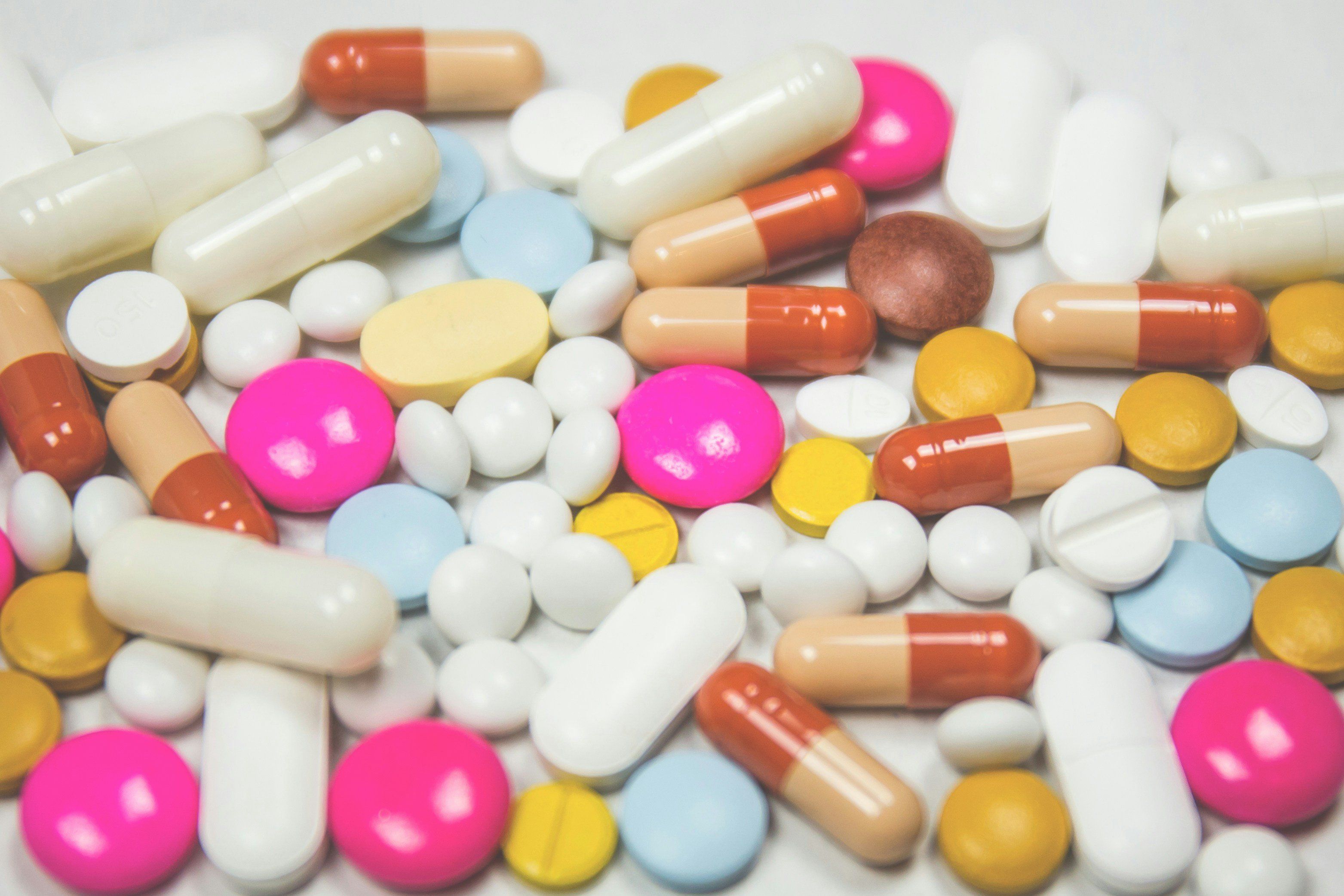Hard Numbers: Google’s superbug breakthrough, End-to-end solutions, OpenAI’s big figure, Humane sells, Apple builds in Texas, AI bankers?
3.3 billion: A startup called Together AI, which gives people access to AI computing, raised $305 million in a new funding round led by General Catalyst and Saudi Arabia’s Prosperity7 Ventures on Thursday — now it’s valued at $3.3 billion. The company bills itself as an “end-to-end” AI provider, allowing users to access open-source AI models and computing power from data centers.
400 million: OpenAI disclosed Thursday it has 400 million weekly active users as of February, according to COO Brad Lightcap. That’s up a whopping 33% from 300 million users in December. It’s unclear what has caused this jump, though the ChatGPT maker has added more government, academic, and enterprise clients to its roster in recent months.
116 million: The ill-fated AI wearable company Humane, which made an AI-powered pin, shut down and sold its assets to HP for $116 million last Tuesday. The much-hyped pins cost $699 but were panned by critics.
500 billion: Apple said Monday that it will invest $500 billion in the US over the next five years, including on an AI server factory in Texas. The iPhone maker will open a 250,000-square-foot facility in Houston, scheduled to open in 2026, to support its Apple Intelligence AI platform.
4,000: DBS, the largest bank in Singapore, said Tuesday that it expects to cut 4,000 jobs over the next three years as artificial intelligence gets more powerful. The bank clarified that it would affect temporary and contract workers but didn’t say what roles would be replaced by AI.